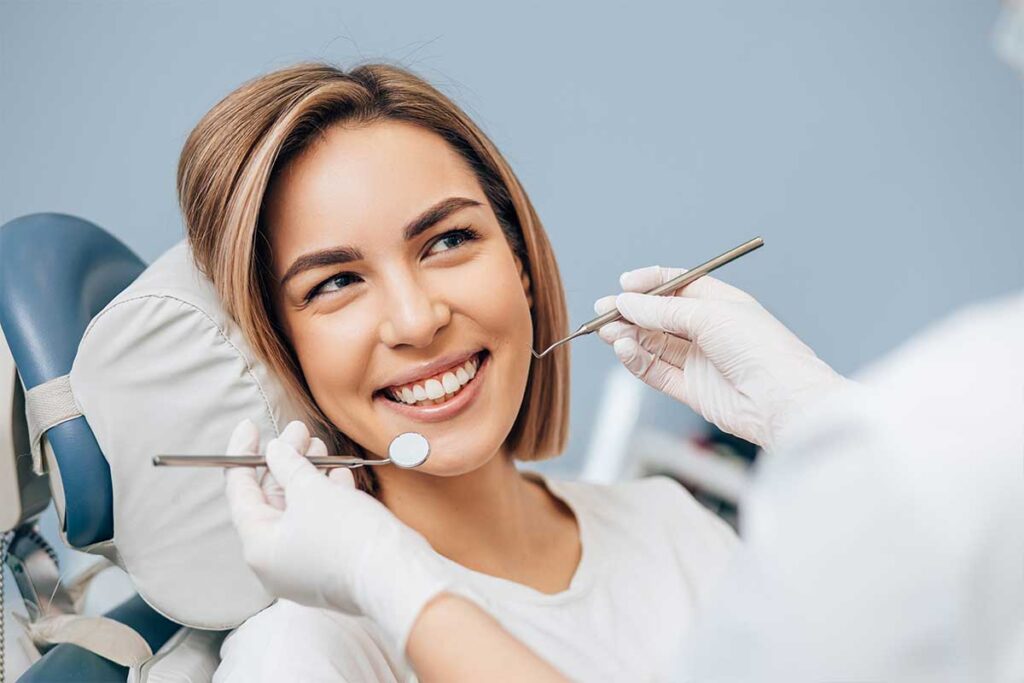DIY vs. Professional Teeth Whitening: Which is Right for You?

Having a bright, white smile is important to many people for both self-confidence and first impressions. Over time, teeth can become stained and dull through lifestyle factors like coffee, wine, smoking and aging. Fortunately, there are convenient options available to whiten teeth, whether you go the DIY route or visit a dental professional. Both approaches have their pros and cons. Let’s take a closer look at DIY vs. professional teeth whitening to help you decide which method may work best for your needs and lifestyle.
DIY Teeth Whitening Strips and Gels
DIY whitening kits featuring strips or gels you apply at home are convenient and affordable options available over-the-counter or online without a dental visit. Strips or gels typically contain low concentrations (usually around 10-22%) of the active whitening ingredient, hydrogen peroxide. You simply apply the strips to your teeth or paint on the gel and wear for 30 minutes twice daily. Most people see results within a week or two as the peroxide strips away surface stains from years of coffee, tea, wine or other staining culprits.
Pros of DIY Whitening:
- Affordable – Strips or gels cost $20-50 for a basic kit compared to $300-1,000+ for professional treatments.
- Convenient – You whiten your teeth in the comfort of your own home on your schedule without dental visits.
- Low risk of tooth sensitivity if instructions are followed carefully.
Cons of DIY Whitening:
- Results are generally not as dramatic as professional treatments that may whiten 8-10 shades or more. DIY may only whiten 2-4 shades on average.
- Won’t treat deeper stains or reverse years of intrinsic staining like professional options can.
- Requires multiple treatments over weeks to achieve results versus just one or two visits.
- Not customized to your individual tooth shade or whitening needs like a dental product would be.
Professional Teeth Whitening
Visiting your dentist for professional whitening offers the deepest level of whitening through higher concentrations (up to 45%) of hydrogen peroxide gel or LED light acceleration. They can tailor your whitening specifically to your needs based on an examination. Options include:
Take-Home Kits: Your dentist makes custom-fitted trays and gives you stronger peroxide gel to use at home for 10-14 days.
In-Office Whitening: The dentist applies a bleach gel and uses a powerful LED light for just 45-60 minutes. Some offer laser whitening or a combo in-office/take-home approach.
Pros of Professional Whitening:
- Dramatic results, often 8-10 shades whiter in one to two treatments.
- Deeper cleaning power targets intrinsic stains, not just surface stains.
- Customized for your individual shade needs and teeth type.
- Dentist ensures it’s safe for your teeth and can address any tooth sensitivity.
Cons of Professional Whitening:
- Higher upfront cost versus DIY kits. The benefits are dramatic results from just one or two visits.
- Financing options may be available, but it’s still an investment versus a low-cost DIY approach.
- Requires office visits versus at-home convenience, however treatments are faster.
Which is Best – DIY or Professional Whitening?
Both DIY and professional whitening have their place. For a light dusting of surface stains, an affordable DIY kit is a great option to try first for convenience at home. However, if your stains are more deep-set or you want maximum whitening results, visiting your dentist is the way to go. They can bleach away years of discoloration safely in just one to two treatments. If you have very stained, worn or small teeth, professional whitening likely provides better, more consistent results.
Consider your budget, but also how whiter teeth could boost your confidence. For dramatic results, professional whitening is tough to beat, though DIY is a wonderful affordable option too. Talk to your dentist for the best approach tailored to your individual needs and smile goals. With the right technique, you can achieve and maintain a healthier, brighter smile either at home or through a dental expert.